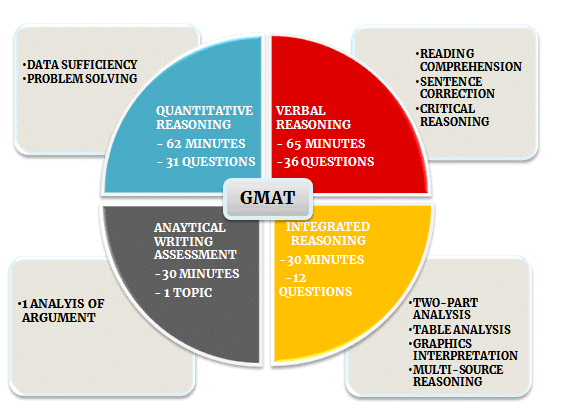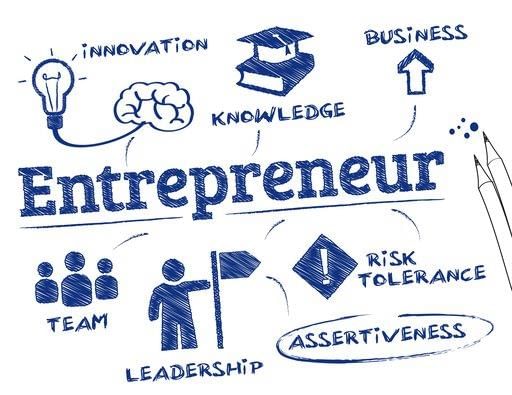Introduction to Multi-Source Reasoning - GMAT PDF Download
Multi-Source Reasoning questions are one of the four Integrated Reasoning question types which will begin appearing on the GMAT.

- Multi-Source Reasoning provides three pieces of information on tabbed pages – charts, data, articles, emails, etc.
- The pieces provide a lot of information, not all of which is necessary to answer the question.
- The pieces may be Quantitative in nature or Verbal, or a combination of both. You may click back and forth between all three pieces to locate the needed data.
- The questions consist of either a set of yes/no statements, or multiple-choice questions. Information from more than one tab will be required to answer the questions, but the same tab can be used for more than one question.
- According to GMAC, this question type is designed to mimic “the case study approach used by many management programs” and tests the “ability to integrate different types of information…from different sources.” Let’s take a look at a sample Multi-Source Reasoning question to see how we can approach this new question-type!
| Source 1 | News article in an environmental publication July 19 – If current trends continue, fossil fuels will be exhausted by 2052. Industry and transportation and the inability of governments to put stricter emissions regulations in place means that there will be a greater demand for alternative energy sources. Additionally, recent concerns about the high-cost of implementing new systems such as public transportation in industrialized areas has led many voters to actually strike down propositions to subsidize alternative fuel research. |
| Source 2 | |
| Source 3 |
Ques:
Consider each of the following statements. Does the information in the three articles support the inference as stated?
- Politicians usually do not agree with one another on issues of global warming and fossil fuel consumption.
- An increase in worldwide demand for crude oil has made the oil companies safety standards’ fall.
- Dr. Goodman would likely support a public referendum on whether to require the oil companies to have better safety and ecological regulations.
- The actions of the oil companies have led some voters to reject measures it considers costly.
Ans:
The answer is No for the first statement. The statement in question is not necessarily true, as we do not know what politicians “usually’ do, and therefore this is not a valid conclusion just based on the information provided.
The answer is No for the second statement. This is not a correct cause/effect statement. There is nothing to support a direct link between the demand for oil and the oil companies’ safety standards. Remember that there is no evidence given that the safety standards have indeed fallen.
The answer is No for the third statement. In Article 2, Dr. Goodman is shown to have little faith in the public as the solution to the global warming issue, since the public has continually shot down measures it considered “costly.”
The answer is No for the fourth statement. No direct correlation is made between the actions of the oil companies and the votes cast by the public. Be careful not the conflate information from two separate articles.
FAQs on Introduction to Multi-Source Reasoning - GMAT
| 1. What is Multi-Source Reasoning on the GMAT? |  |
| 2. How is Multi-Source Reasoning different from other sections on the GMAT? |  |
| 3. What types of sources are included in Multi-Source Reasoning questions? |  |
| 4. How can I prepare for Multi-Source Reasoning on the GMAT? |  |
| 5. Are there any specific strategies for tackling Multi-Source Reasoning questions? |  |























